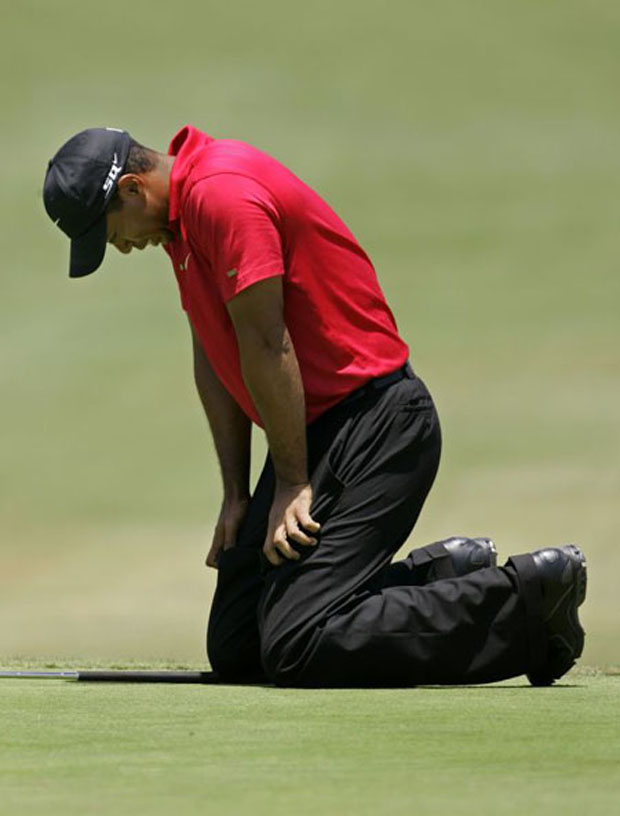You don’t have to know a thing about golf to realize that sports lost one of its all-time heroes when Tiger Woods crashed his SUV in Florida last November.
Unfortunately, Tiger joins a long list of sports heroes whose off-field exploits have tarnished their success.
On Feb. 19, Tiger apologized to the public for his actions. According to a transcript published on ESPN, Tiger said, “I was unfaithful. I had affairs. I cheated. What I did was not acceptable, and I am the only one to blame.” Tiger made it clear to the public that must recover from his foolish ways.
In January, the public found out that Mark McGwire had been using steroids most of his career. Giants pitcher Tim Lincecum, as well as eight-time gold medalist Michael Phelps both were caught for the possession of marijuana. Barry Bonds, the king of home runs and arguably, of baseball in general, completely disappeared, retreating from the public eye over steroid use. Kobe Bryant, who has dominated the basketball court consistently, was charged with sexual assault in the summer of 2003; the charge was dropped.
So, when the media revealed Tiger’s cheating, why were we so surprised? So what if Tiger messed up? Why does it even matter? Why should anybody, especially someone who does not even like golf, care? Tiger possesses a great deal of money, power, and bragging rights as the world’s best golfer. Can’t he do anything he wants?
The not-so-simple answer is: No. Not after he became a father. Not when millions of Americans follow him so closely. Not when he revolutionized the game of golf for young players. Not when he signed contracts with companies that rely on him and his image, including Nike, EA Sports, Gillette, and Golf Digest. Millions of people around the world view Tiger as a role model, and too many need him to be perfect. Like it or not, the price of fame is that you don’t have a personal life and a public life — it’s all one and the same.
Despite Tiger’s mistakes, many are willing to give him a second chance. Daniel Starr (’10), captain of the Urban golf team, believes that Tiger will “always be a respectable golfer.”
Starr thinks that Tiger has “introduced golf to new generations, making it more of a popular sport that younger players can connect to (it).” Regardless of his affairs, Tiger should be admired, Starr says.
Scott Foster, a golfer as well as Urban’s jazz teacher, calls Tiger “a cultural icon.” But fans have seen cracks in the facade.
Foster attended the Presidents Cup in San Francisco last October. During the trophy ceremony, Foster said, it seemed as if Tiger “wished he could get out of there and leave as soon as possible.”
I also saw Tiger play at Harding Park. His tee shot on the 6th hole was absolute perfection. But his body language said that he wanted to get the job over with and go home.
Foster believes that the media was waiting for something like this to happen. “Now that Tiger is down, the media thought they should just jump on him and kick him while they had the chance,” Foster said. I also think that the media trampled on Tiger. After years of praising him, it seems as if we wanted something that would bring him down.
Golf fans around the country should forgive Tiger for what he has done. The man is human; it’s only natural to make mistakes. So don’t view Tiger as a god. See him as a man with faults, as well as enormous abilities in the game of golf.
And watch: When Tiger returns in April for the Masters, he’ll bring the spotlight back to golf, and he will continue his dominance on the course as if nothing happened. Even though it did.

